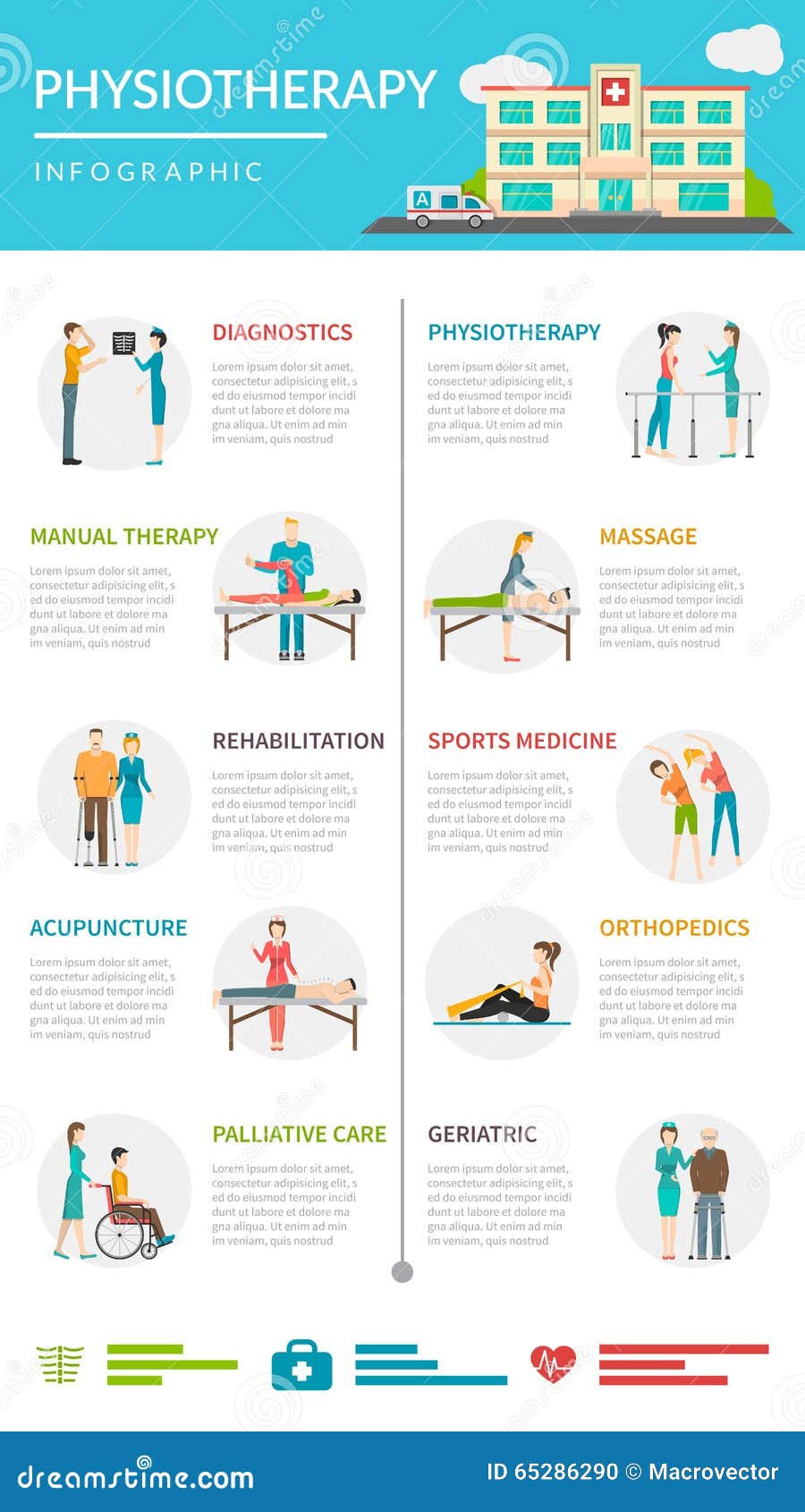Why Does Soft Tissue Therapy Pain? Understanding The Process
Why Does Soft Tissue Therapy Pain? Understanding The Process
Blog Article
Material Develop By-May Feddersen
When you undertake soft Tissue treatment, you could locate it surprisingly uneasy. This pain emerges as stress is put on strained muscles and broken cells, activating your pain receptors. While it can feel stressful in the minute, there's a factor behind this experience. Comprehending what happens in your body during these therapies can assist you value the process. So, exactly what is going on beneath the surface?
The Physiology of Discomfort Throughout Soft Tissue Treatment
When you undertake soft Tissue treatment, your body's action to pain is an intricate interaction of physical processes. As the therapist applies pressure, your body activates pain receptors, sending out signals to your mind. This triggers the release of natural chemicals, such as substance P and glutamate, which magnify the experience of pain.
Your muscles may additionally tighten in response, additional complicating the experience. Additionally, your body might launch endorphins, natural medicines that can aid reduce some pain.
The interaction in between these procedures can create a special experience for each and every individual. Comprehending this physical response assists you navigate the feelings throughout therapy, permitting you to value the balance in between discomfort and the possibility for recovery advantages.
The Duty of Discomfort in the Healing Refine
Although pain throughout soft Tissue therapy can really feel overwhelming, it plays a crucial role in the healing process. When you experience pain, your body is signifying that it's functioning to repair damaged tissues. This action aids raise blood flow to the affected area, delivering vital nutrients and oxygen needed for healing.
In addition, pain can promote the release of endorphins, your body's natural pain relievers, developing a feeling of relief post-treatment. Accepting https://www.ajmc.com/view/access-to-chiropractic-care-and-the-cost-of-spine-conditions-among-older-adults can help you comprehend your body's restrictions and urge you to attend to underlying concerns.
While it's uneasy currently, this procedure is vital for lasting healing and boosted feature. Recognizing discomfort as an important part of healing can equip you to remain dedicated to your therapy.
Tips for Managing Discomfort Throughout and After Treatment
Handling discomfort throughout and after soft Tissue treatment can substantially enhance your general experience and recovery.
To start, interact openly with your therapist concerning your discomfort levels; they can change techniques appropriately. Using deep breathing strategies can likewise help you kick back and ease discomfort.
Consider applying ice to the treated area post-session to decrease inflammation and numb pain. Staying moisturized https://www.google.com/maps/place/Return+to+Play+Institute,+LLC+(Miami)/@25.726017,-80.26406,17z/data=!3m1!4b1!4m6!3m5!1s0x88d9b7b4207e8303:0xb1493a6e0d5a272b!8m2!3d25.726017!4d-80.26406!16s%2Fg%2F11lf8185yp?hl=en&entry=ttu&g_ep=EgoyMDI0MTAwOS4wIKXMDSoASAFQAw%3D%3D in the healing procedure, so consume alcohol lots of water.
Mild stretching and light activity after therapy can advertise blood circulation and convenience rigidity. Finally, guarantee you get appropriate rest to enable your body to heal.
Carrying out these tips can make your soft Tissue therapy much more convenient and satisfying.
Conclusion
To conclude, while soft Tissue therapy can be awkward, it's essential to identify that this pain plays a vital duty in your recovery journey. By comprehending the physical reactions at play, you can come close to the treatment with a much more positive state of mind. Bear in mind, the first discomfort often paves the way to relief as your body launches endorphins. Embrace the process, and do not be reluctant to use the ideas for managing discomfort to enhance your experience and recuperation.
